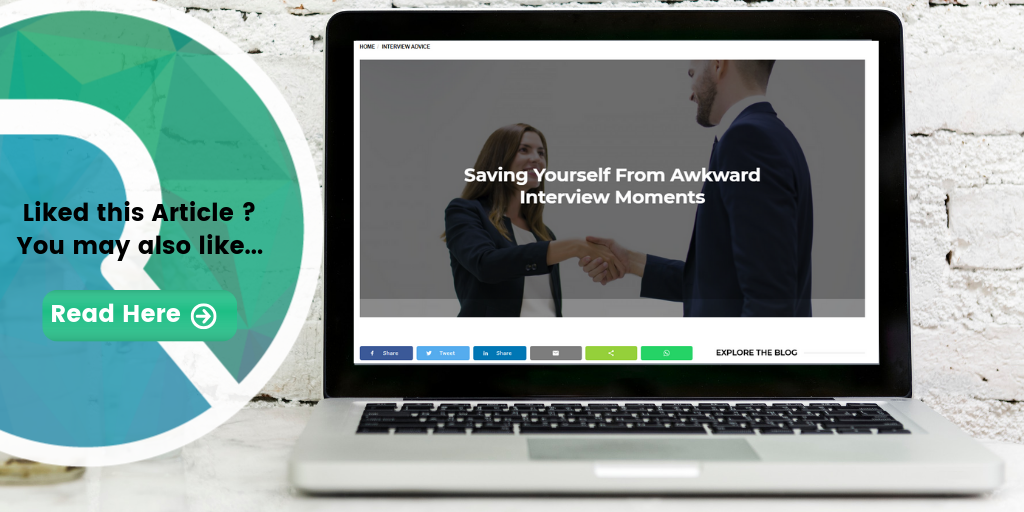You have perfected your CV and cover letter. You have done your research and practised potential job interview questions. Perhaps you have bought a new professional outfit for the interview. However, do you know the proper body language to have to get the job? You may wonder why the importance of body language?
It is suggested by Cognitive Group Microsoft that only 7% of your communication are the actual words you say, 38% are certain vocal elements like your pitch, but 55% is non-verbal like your facial expressions, gestures and posture. Having the right body language is not only important during the interview but can be a crucial component in getting the job. To make sure you don’t end your interview before it’s even begun, here’s our guide to the do’s and don’ts of interview body language.
Interview Dos:
Walk in with confidence
It is vital that once you reach the organisation’s facilities that you act as professional as possible. Some interviewers may check with reception or watch from afar to see how body language changes. First impressions count. Don’t be nervous and try to take deep breaths to calm yourself.
Handshake
A good firm handshake makes an interviewer feel your enthusiasm and confidence. But remember to let go at the right time usually two seconds. A firm handshake makes them confident about your self-assured personality.
Posture
Try and sit up straight and drop your shoulders back. Keep your legs straight and as still as possible. Try and lean in every now and then to show that you are engaged but don’t overdo it. Nod occasionally too. It shows that you are engaged with them.
Good eye contact
Maintaining good eye contact indicates to the interviewer you are not intimidated and that you are soaking in everything they are saying. If you find it uncomfortable then try and look away for a few seconds. Generally, 10 seconds of good eye contact is a good barometer.
Smile
The interviewers never want to see someone in front of them looking unhappy. Undoubtedly it is important to answer the questions to the best of your ability but be sure to factor in a smile when the opportunity arises. This shows that you have a pleasant and agreeable demeanour about you.
Watch your hands
It’s ok to gesture with your hands to get a point across but don’t overdo it. Don’t cross your arms and keep them away from your face. If you feel you won’t be able to do this start taking notes. It will show that you are interested and will stop your hands attracting any undue attention.
Interview Don’ts:
Too Confident
Being arrogant is not a good idea. Strolling into an interview thinking you already have the job can be damaging. Remind yourself that arrogance and confidence is not the same thing.
A Tame Handshake
A tame handshake will make you come across as a person who is lacking confidence and enthusiasm. Try and match the interviewer’s handshake and meet them with the same amount of pressure. It seems straightforward but many get this wrong.
Slouch
Poor posture can make you look bored and lacking interest. Same can be said by crossing your arms and legs. It makes you look defensive or guarded.
Stare Blankly
It is important to get the balance right between making eye contact and staring. If you hold eye contact for longer than 10 seconds this is excessive and could make things awkward. Also staring into the distance is not a good idea either as it shows that you find it hard to concentrate.
Fidgeting
Try not to move around too much. Continuously fidgeting, moving around will make you look awkward and jittery. It is important to get the right balance as you don’t want to look stiff and rigid either. Fidgeting unease’s people around you. So keep control of it to give yourself the best possible chance of succeeding in the interview.
Final thoughts
Of course, a lot of these points are common sense, but they still need to be worked and focussed on. As the saying goes ‘actions speak louder than words’. Now you don’t have to spend huge amounts of time practising this but it is important to keep in mind. The company obviously considers you a good fit for the job that they called you for an interview. So, don’t let it slip, by having poor body language.




